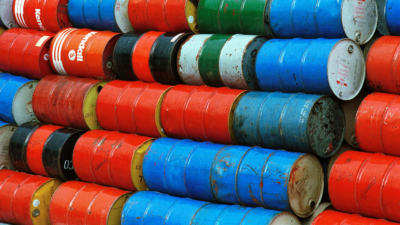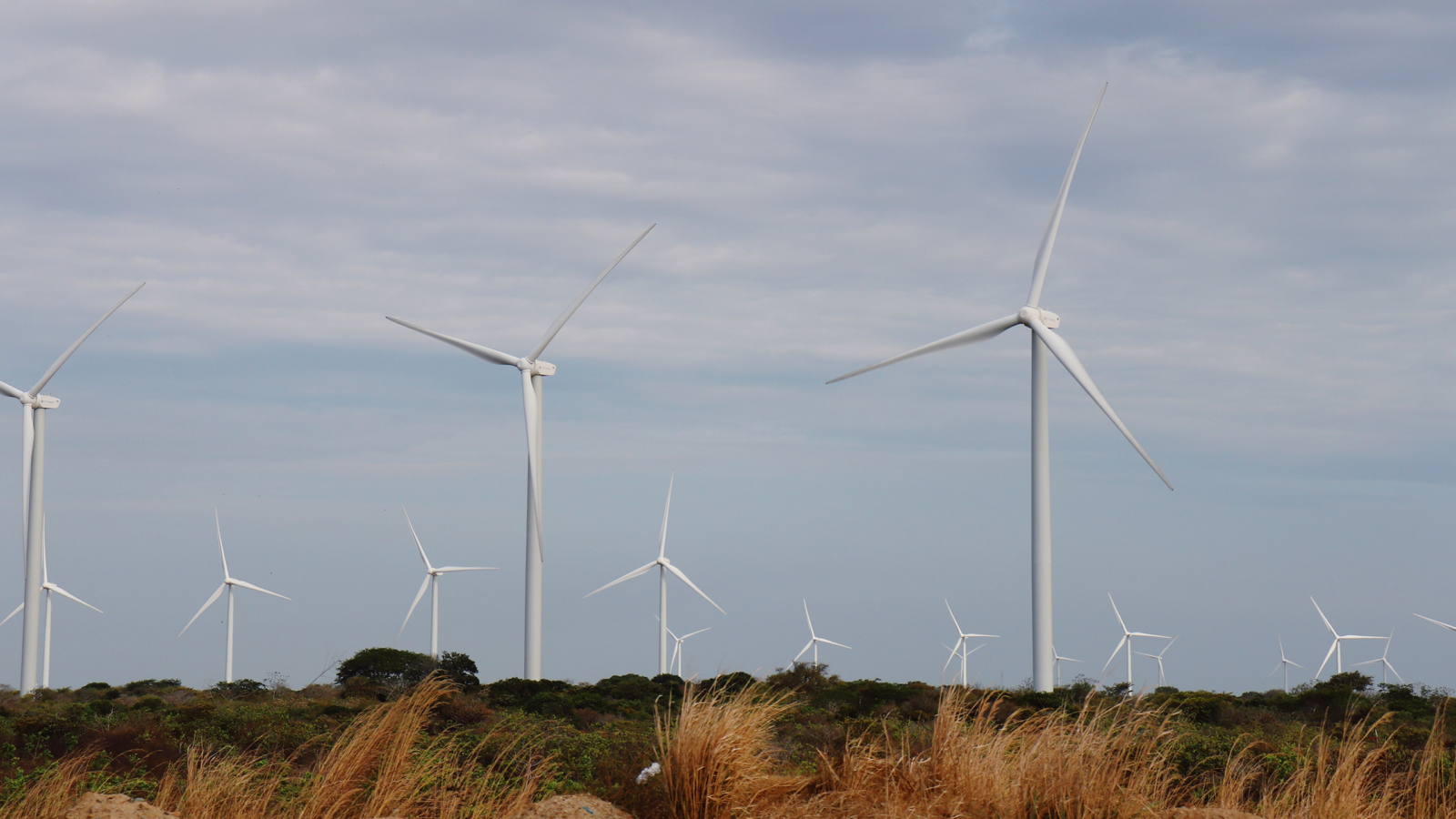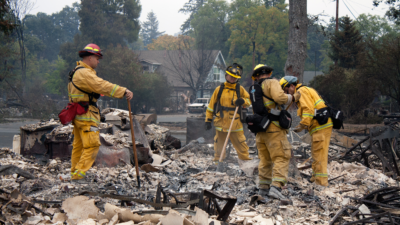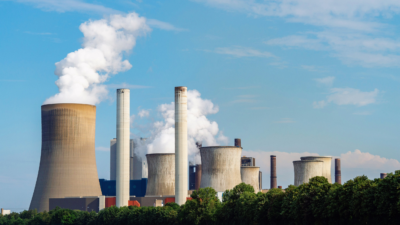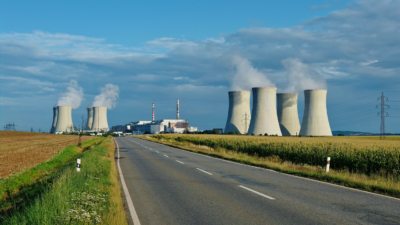Shell Backtracks Again on Climate Targets
The energy titan has extended the timeline for its plan to reduce its “carbon intensity.”
Sign up for smart news, insights, and analysis on the biggest financial stories of the day.
Big Oil’s climate promises are getting so watered down they’re practically homeopathic.
Shell said Thursday it plans to ever-so-slightly re-jig its climate commitments made in 2021, targeting a slightly less ambitious timeline. It’s the second time in less than a year that Shell has diluted its climate promises, after scrapping plans last June to steadily cut oil production in the run-up to 2030. Given Shell is already the subject of a lawsuit from activist shareholders over its climate policy, this is more fuel for the legal action engine.
Gas It Up
Shell isn’t the only fossil fuel company to soften its climate change targets. With peak oil demand on the horizon by 2030, it’s understandable Big Oil might want to ride peak profits right to the bitter end. However, Shell’s update places a special emphasis on natural gas, which is somewhat “cleaner” in terms of pollution and seems to be gaining popularity as a way for companies to temper their climate policies. The UK government announced this week it’s backing the development of new gas-fueled power stations.
Shell is now slowing down the timeline by which it had said it would reduce “carbon intensity,” i.e. how much CO2 is produced per kilowatt hour of electricity. Shell had previously promised to cut carbon intensity by 20% from 2016 levels by 2030, now it’s aiming for 15%-20%. It also erased a deadline for a 45% reduction by 2035.
It’s not entirely misguided to think natural gas can be part of a green transition in some parts of the world. “In developing countries, we need to transition away from coal as quickly as possible and natural gas could be seen as a transition fuel in some cases,” Professor Mark Maslin, an Earth system scientist at University College London, told The Daily Upside. Professor Priti Parikh, Director of the Bartlett School of Sustainable Construction at UCL, agreed that in some regions, natural gas could be an important part of a green transition:
- Parikh said that roughly 2.3 billion people lack access to clean cooking fuel. “For those communities, LPG [liquefied petroleum gas] will be an integral part of the mix to transition communities away from polluting fuels like wood,” said Parikh.
- But she said companies beefing up their gas output aren’t focused on this use case. “None of the big companies including Shell are developing business models and subsidies at scale to transition households using wood to LPG in the medium term with a view of moving to greener fuels longer term,” she said.
Not Cooking with Gas: Bob Ward, policy director at the London School of Economics Grantham Research Institute on Climate Change, said Shell’s dithering could end up coming back to bite it. “This backsliding by Shell will further undermine investors’ confidence about the commitment of the business to a rapid and orderly transition away from fossil fuels. Shell has no future in a clean energy world if its business remains dependent on dirty energy, so this foot-dragging represents a real risk to its value,” Ward said.








